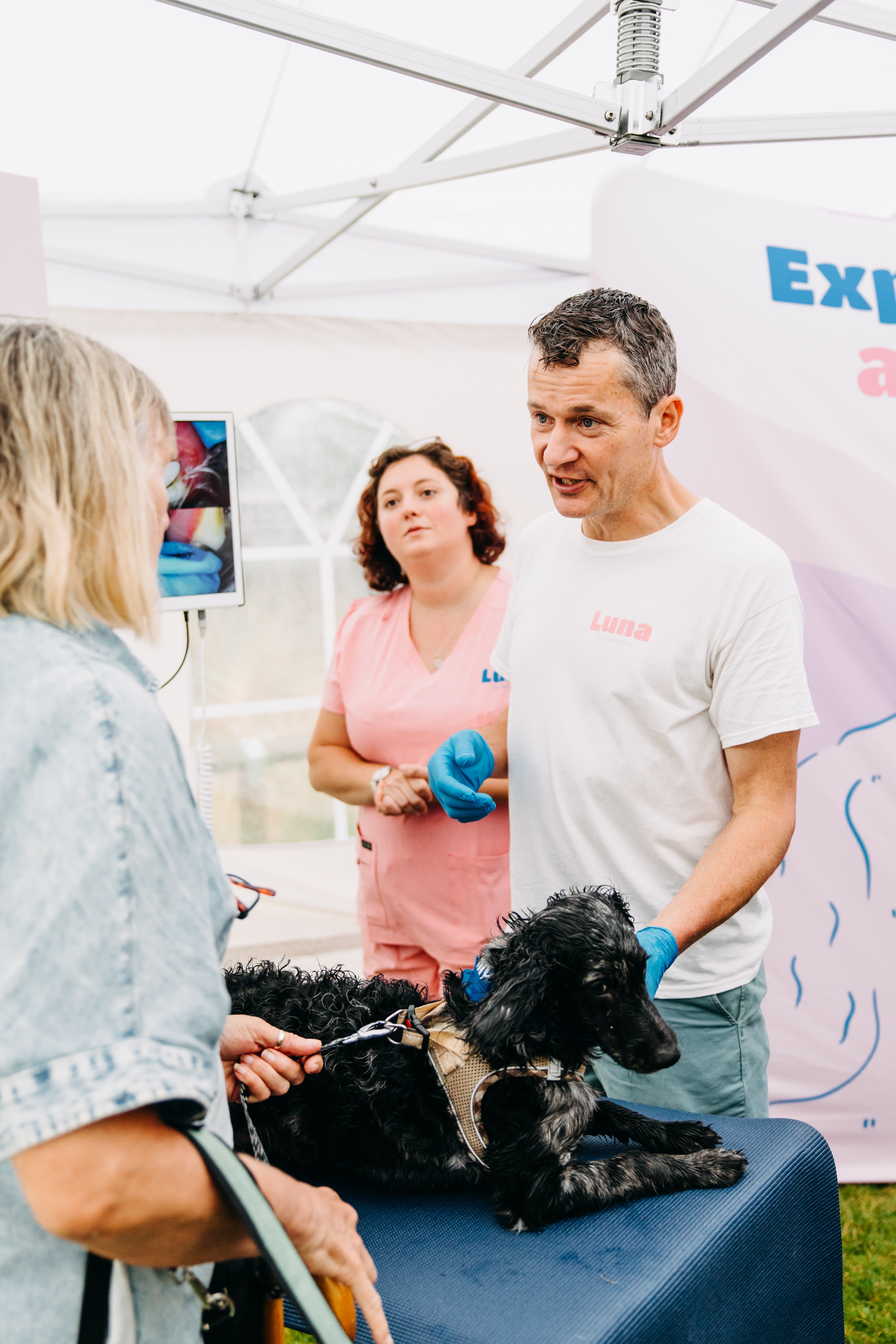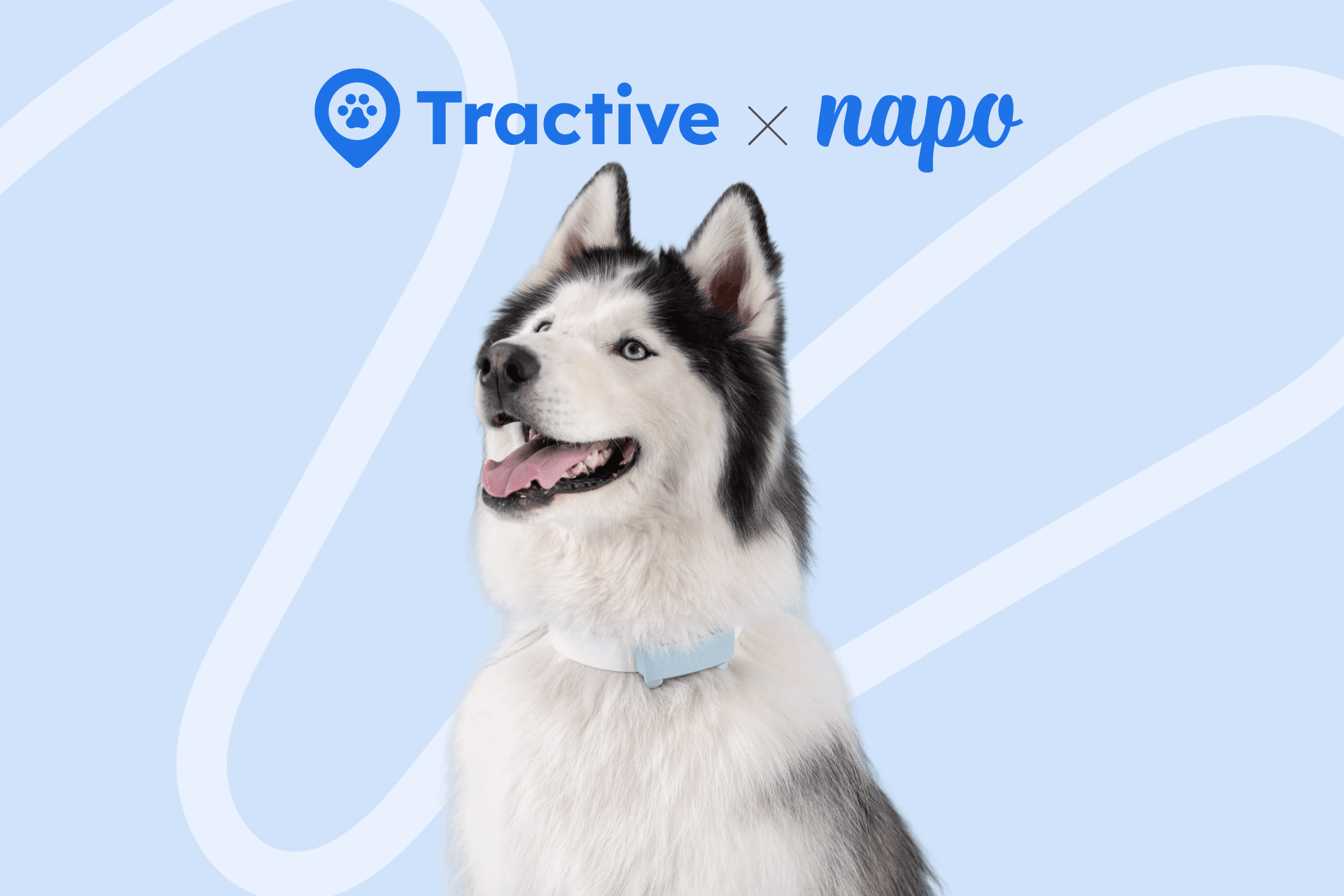Why pet insurance prices hit record highs in 2024
20th Jan 2025
8 mins read

Summary
We break down rising costs and what they mean for you. If you felt your wallet wince looking at pet insurance prices, you’re not alone. In 2024, insurance premiums hit an all-time high, leaving pet parents scratching their heads (and their pups) wondering: Why’s it so pricey? Spoiler alert: it’s not just you. So, what’s really going on? Why is this happening? And most importantly, how can you make sure your furry pal gets the care they deserve without cutting back on their squeaky toy budget?
What happened?
Increasing care and cost
Pet insurance is there for the moments you hope never happen. And in 2024, more pet parents needed help than ever before, as record numbers of people insured their pets. This meant insurers were flooded with an extra 1160 claims per day compared to 2022, the highest number ever recorded.(1) Although this doesn’t impact cost, it can make the response time longer.
But it’s not just the number of claims that’s skyrocketed, the cost of each claim has gone up too. The average claim climbed from £817 to £848 in 2021 according to the Association of British Insurers.(2)
What’s driving this? Rising vet costs. It’s a reflection of a sector feeling the squeeze, and unfortunately, that pressure’s trickling down to pet parents.
Dr Joe Inglis, vet and founder of Luna.pet shared,
“Rising costs mean that even essential care like routine dental treatments now cost 3 or 4 times as much as they did a few years ago, and this is making life very hard for pet owners and their pets, and putting increasing pressure on insurance premiums for those rare insurers who cover dentistry.”
Why it happened
More pets, not enough vets
We’ve all noticed more waggy tails since the pandemic. The number of pet dogs in the UK shot up from 9.6 million to a whopping 11 million in just two years.(3) Meanwhile, our feline friends have stayed steady at around 11 million.(4)
But this is where things get tricky. The number of vets has not increased at a similar level. So while we have more vets, it’s not enough to match the rocketing demand, causing a shortage of staff. Especially now those pandemic pets are getting older, and become more likely to need complex care.
A major reason for this has been a massive drop in the number of vets coming from overseas to work in the UK, particularly the EU. In 2018, more than half of all new vets were from the EU, now it’s only 1 in 5.(5)
To make it simpler, not enough vets + more pets = higher demand. And like any market, an increase in demand means prices tend to go up.
However, the price increase isn’t to line vet’s pockets. The money may be going to corporations (more on that later…) or to pay for other staff to plug the gap.
“Running costs of practices have gone up, shortages of vets and vet nurses mean practices have had to rely on locum cover which can be costly,” shares vet Dr Ben Simpson-Vernon.
Ben isn’t alone, a study of the profession found 46% of vets said the rise in cost is one of the three biggest problems for the sector, up from just 30% in 2019.(6)
To try and fill the gap long-term, more vet schools have popped up, and older ones have taken on more students. But here’s the catch, training takes time. It’ll be a few years before we see these new students step into the work.
Until then, the vet shortage is another factor putting the squeeze on an already stretched industry. And owners are feeling the pinch as a result.
Meds cost more
Noticed that popping to the vet for your pet’s meds is pricier than buying them online? This isn’t a sneaky vet move, it’s the result of regulations.
Vets are required to buy their medications from licensed, wholesale suppliers, who typically charge way more than online pharmacies.(7)
So it’s a problem of compliance, not profits. But for pet parents it means higher vet bills at a time when costs are already climbing.

Corporations are changing vet care
More than half of UK vet clinics are now owned by large corporations, and this change has happened fast.
Back in 2013, 89% of the veterinary world was independent clinics, but it’s plummeted to 44% in 2021.(8)
With a few big players owning such a big population of our vets, that means less competition, less choice. When asked about the trends in rising vet costs Dr Ben Simpson-Vernon shared,
“This steep rise in vet fees has also coincided with consolidation of the veterinary industry, with the majority of practices now owned by large corporations. Concerns that this restructuring of the market could be behind the rise in fees has prompted the CMA market investigation into the veterinary sector to establish whether pet owners are getting a fair deal.”
“I think most vets welcome this investigation - after all we all want to be sure that the fees we are charging are fair and hope that whatever the outcome (of the investigation), pet owners can feel more reassured that the fees they are paying are appropriate.”
By the way, that investigation’s also looking at the price of medication too. But as the investigation is still ongoing, due to complete 22 November 2025, when can we expect things to get better?
Hope is on the horizon
Despite the challenges, vets and insurers are working harder than ever to make sure our furry pals get the care they deserve, and the future of pet care’s looking brighter.
The Royal College of Veterinary Surgeons predicts a 62% increase in small animal vets by 2035, which could help ease pressure on clinics and make it easier (and not so expensive) to access vet care.(9)
Better yet, independent vets are making a comeback. 77% of new practices in 2024 were independently owned, up from just 48% in 2019.(10) This shift could mean more choice and potentially fairer prices for pet parents.
And don’t forget about the Competition and Markets Authority (CMA) investigation, due to conclude next year.(11) It’s got the potential to really shake things up with clearer pricing and more transparency.
What you can do
How to keep one paw ahead
There’s still a way to go, but the future’s looking brighter for pet parents and their four-legged besties. And there’s plenty you can do to keep one paw ahead.
Don’t be afraid to shop around for the right deal for you, both with your vets and meds, not just your insurance.
As for insurance, look for comprehensive cover that’ll pay for the big bills without finding ways to charge you fees, or use inner medical limits to wiggle out of paying the whole hog.
Finally, try to keep tabs on what’s going on to keep ahead of further changes. Stay informed, stay proactive, and you’ll be ahead of the game.
- (1) Record numbers take out pet insurance for their four-legged fur-ends (ABI)
- (2) Paw-sitively protected - pet insurers processed a record £2.4 million a day in 2021 (ABI)
- (3) PDSA Paw Report 2021 & 2023
- (4) PDSA Paw Report 2023
- (5) Recruitment, retention and return in the veterinary profession (RVCS)
- (6) Rapid rise in professional cost fears, latest study reveals (Vet Times)
- (7) Response to CMA Issues Statement regarding its Market Investigation into veterinary services for household pets (RCVS)
- https://assets.publishing.service.gov.uk/media/66bf5bd4253aee7aafdbe008/Royal_College_of_Veterinary_Surgeons__RCVS_.pdf
- (8) CMA launches review of vet sector (Government)
- (9) Modelling the future supply of vets and vet nurses (Institute for Employment Studies (for RCVS))
- (10) Response to CMA Issues Statement regarding its Market Investigation into veterinary services for household pets
- (11) CMA takes next procedural step in vet services investigation
Jump to
Making pet dental care easier with Luna

Making pet dental care easier with Luna
Blog
Napo & Tractive launch partnership offering pet parents free GPS and health devices

Napo & Tractive launch partnership offering pet parents free GPS and health devices
Blog
Why isn’t my cat using the litter tray?

Why isn’t my cat using the litter tray?
By Rachel Rodgers MSc, Head of Training at Napo Pet Insurance
Blog